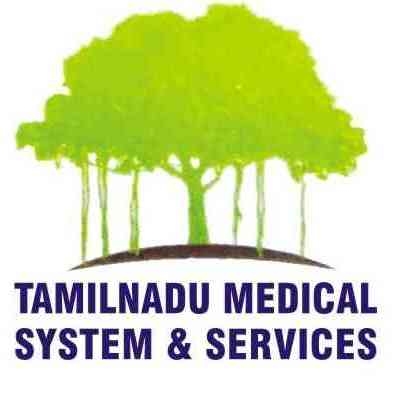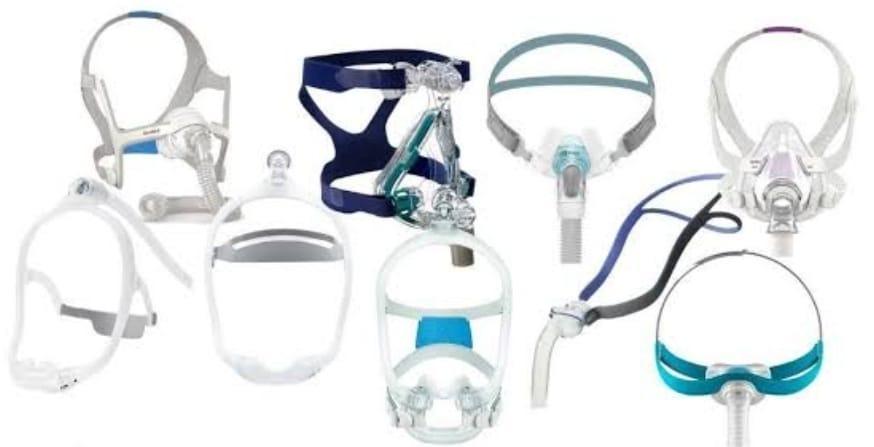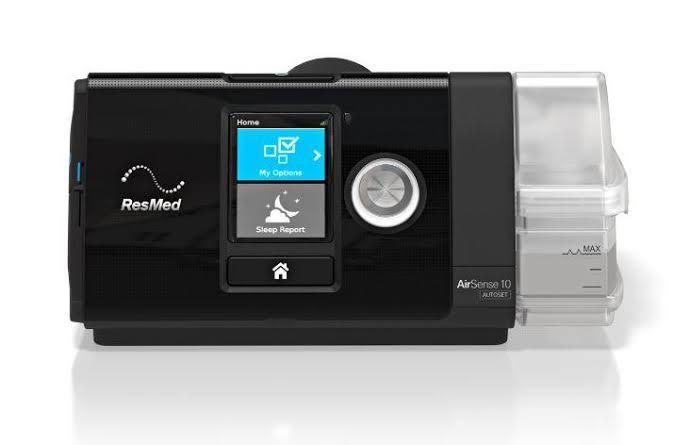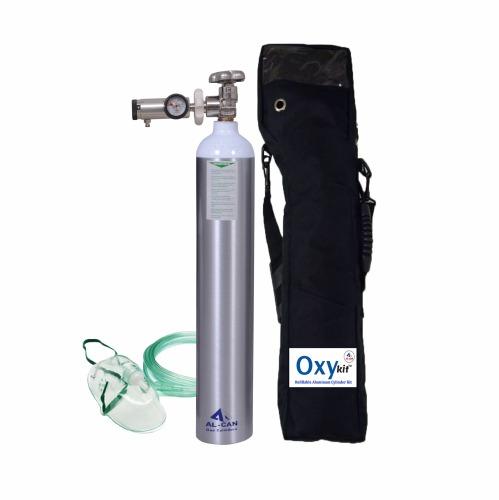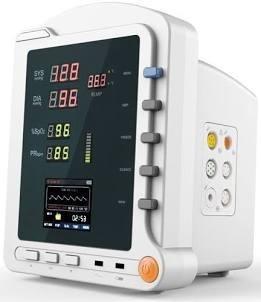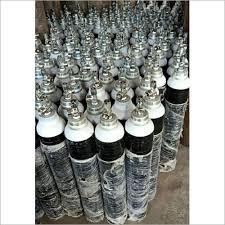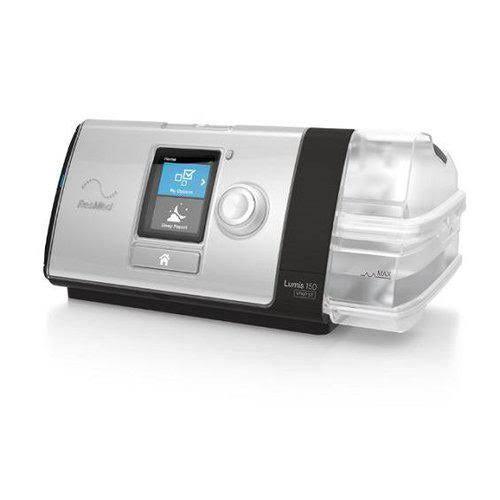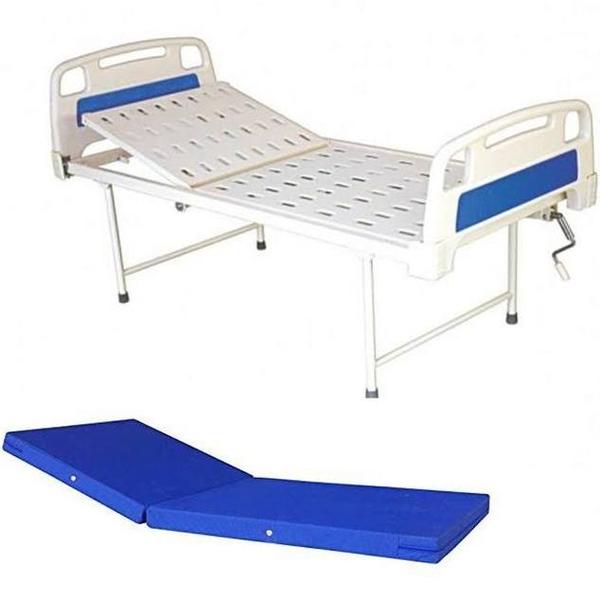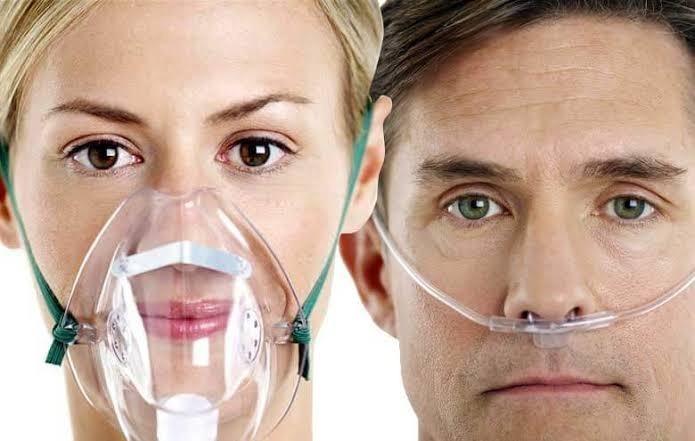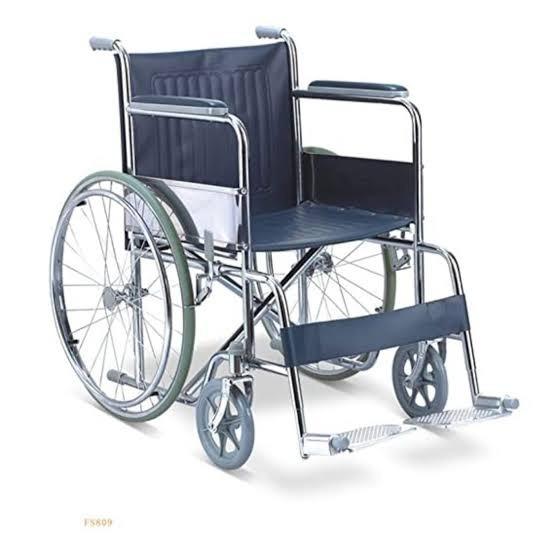Tamilnadu Medical System and Services is leading medical equipment supplies in Chennai. Both BiPAP (Bilevel Positive Airway Pressure) and CPAP (Continuous Positive Airway Pressure) are treatment options commonly used for individuals with sleep apnea or other respiratory conditions that affect breathing during sleep. These devices help to maintain open airways and improve breathing, resulting in better sleep quality and overall health. A CPAP mask or a BiPAP mask is an essential component of these therapies, as it delivers the pressurized air to the user's airways. Here's an overview of each: CPAP (Continuous Positive Airway Pressure): CPAP therapy involves using a machine that delivers a continuous stream of air at a set pressure to keep the airways open during sleep. This helps prevent the collapse of the upper airway, which is a common issue in sleep apnea. A CPAP mask is worn over the nose, mouth, or both, and it's connected to the CPAP machine via tubing. The mask delivers the pressurized air, which splints the airway open and prevents obstruction. There are various types of CPAP masks available to suit different preferences and needs, including: Nasal masks: Cover the nose and are held in place with straps. Full-face masks: Cover both the nose and mouth and are secured with headgear. Nasal pillow masks: Fit directly into the nostrils and are held in place by a cushioned frame. Hybrid masks: Combine features of both nasal and full-face masks. The choice of CPAP mask depends on factors such as comfort, mask fit, the tendency to breathe through the mouth, and individual facial features. BiPAP (Bilevel Positive Airway Pressure): BiPAP therapy is similar to CPAP, but it provides two levels of pressure: a higher pressure during inhalation and a lower pressure during exhalation. This can be particularly beneficial for individuals who have difficulty exhaling against the continuous pressure of a CPAP machine. BiPAP is often used for people with more complex breathing issues or who require higher pressure settings. Like CPAP, BiPAP also requires a mask to deliver the pressurized air. The same types of masks used with CPAP can be used with BiPAP therapy, including nasal masks, full-face masks, nasal pillow masks, and hybrid masks. When using either CPAP or BiPAP therapy, it's essential to find a mask that provides a good seal, is comfortable to wear, and allows you to maintain effective therapy throughout the night. Proper mask fit and maintenance are crucial for the success of the treatment. If you are prescribed CPAP or BiPAP therapy, a healthcare professional or a durable medical equipment provider will help you choose the most suitable mask based on your individual needs and preferences. They will also provide guidance on how to properly use and maintain the mask and equipment for optimal results.
Send Message